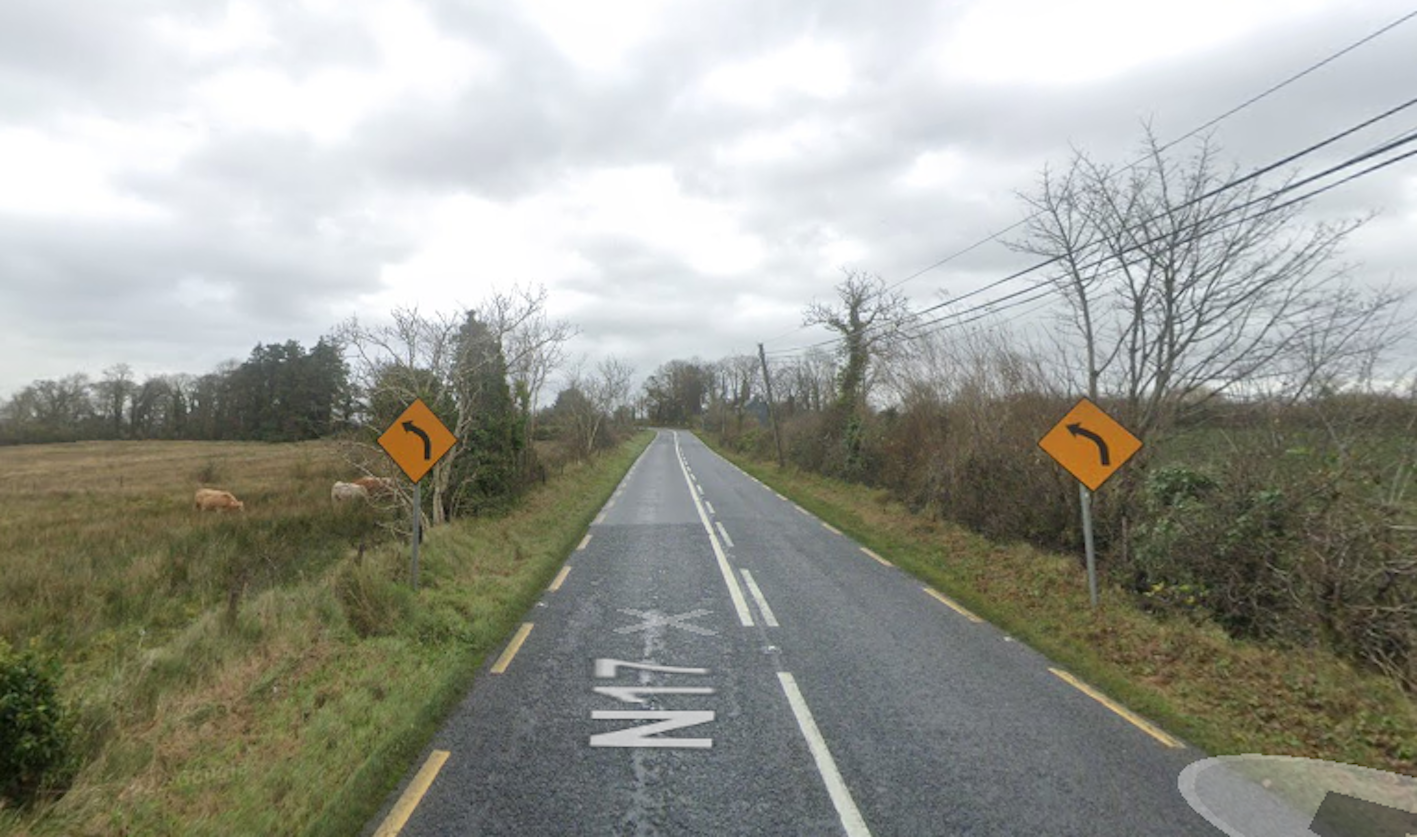The Government has been urged to scrap a plan to redevelop some sections of the N17 and to commit to a full redevelopment of the route between Sligo and Charlestown.
Sligo Chamber of Commerce has described the narrow, winding route as “unsafe and unfit for purpose”.
The chamber, representing more than 200 businesses in the north west, wants the Government to “commit to a previous promise to transform the entire 40 km stretch of road from Collooney to Ireland West Airport Knock into a modern, safe, dual carriageway”.
The call is backed by the Managing Director of Ireland West Airport Knock, Joe Gilmore, and other regional businesses, who have urged the Government to revisit plans for a full redevelopment of the road.
The N17 is the primary road connecting the west and north west regions. It forms part of the Atlantic Economic Corridor connecting Cork, Limerick, Galway and Derry.
Sligo Chamber of Commerce said a provision for the full redevelopment of the N17 from Collooney to Ireland West Airport was established in the National Planning Framework in 2018.
However, it said a ministerial condition issued two years ago has limited the planned works to the construction of bypasses of Tubbercurry and Charlestown.
The Chamber’s CEO, Aidan Doyle, believes the ministerial condition is an “arbitrary” measure and must be scrapped in favour of full redevelopment.
Mr Doyle says the existing road connecting Ireland West Airport Knock and Collooney is unsafe and unfit for purpose.
A previous TII report found the Knock to Collooney route has a collision rating twice the national average and traffic volumes exceed efficient operating capacity.
A spokesperson for the Department of Transport told RTÉ News the N17 Knock to Collooney project is listed for progression in the current National Development Plan.
The spokesperson said the Government is “committed to the development of this project, as demonstrated by the allocation of €1 million to progress it in 2025”.
The Route Selection phase was completed last year. The project is now in the Design and Environmental Phase.
This phase, which is expected to conclude late next year or in early 2027, includes detailed road design, necessary surveys, geotechnical investigations, and preparations related to the submission of a planning application.
Upon the conclusion of this phase, a preliminary business case will be submitted to the Department of Transport ahead of a Government decision on approval-in-principle, as is required under the Infrastructure Guidelines.
Tags:








